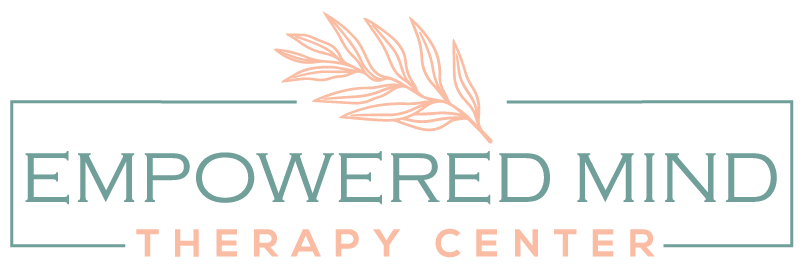Setting Boundaries is a Form of Self Care
Setting boundaries is a form of self-care. Boundaries help you honor your own needs, and prioritize your own well-being. By setting limits on what you will and will not accept from others, you are taking care of yourself and your emotional health. Self-care should not be considered
Setting boundaries helps you communicate your needs and expectations in relationships, leading to healthier and more fulfilling connections with others. When people understand your boundaries, they are more likely to respect them, which will lead to less conflict and build stronger relationships for everyone.
When boundaries are left unclear or non-existent, boundaries it can lead to stress, anxiety, and feelings of being overwhelmed which ofcourse, is not what we want to feel like. If you start establishing boundaries it will help you maintain a healthy balance in your relationships and reduce the likelihood of burnout and who doesn't want that?
Boundaries can also help you grow and develop as a person. By setting limits on what you are willing to tolerate, you are taking control of your life and creating opportunities for positive change which is what we want to see. Being the badass woman you are!
Tips for Setting Boundaries From A Trauma Therapist in Walnut Creek, CA
Just as the brain is impacted by trauma, it can also heal from trauma. There are steps you can take to help navigate your trauma triggers.
1) Identify your values.
So you need to decide what is most important to you and make that your priority in your decision making and boundary setting. The way you can start is by understanding and writing down your values, needs, and limits. This will help you clarify what you are and are not comfortable with, for yourself and in relationships with others.
2) Be clear when communicating your boundaries.
Once you know your boundaries, communicate them to the people in your life in a direct, assertive way. You can use "I" statements, such as "I need" or "I don't feel comfortable with," to express your boundaries. This can be difficult but is worth the temporary discomfort for the longer-lasting beneficial impact.
3) Don't be afraid to say NO.
It can feel uncomfortable but it's important to be able to say no when you don't want to do something. For most adults, the inability to say no stems from childhood norms or trauma. From an early age, girls and women taught to be polite, or learn to please others as a trauma response.. Saying “no” does not make you mean or selfish.
4) Re-evaluate your boundaries.
You may need to adjust or change your boundaries if something changes in your life and that's absolutely fine. Be flexible, boundaries are not set in stone and may need to change over time. Be open to adjusting your boundaries if circumstances change or if you learn more about yourself.
5) Respect other people's boundaries.
It's important to be mindful of other people's boundaries and respect them. Respecting your significant other’s, family member or friend’s boundaries is just as important, if not more so if you’re going to continue to have a healthy relationships built on trust and mutual respect.
Remember…
If you're having trouble setting and maintaining boundaries, don't be afraid to reach out and get help. Establishing and maintaining boundaries is difficult for many people, there are therapists who can help.
Get Support for your boundaries in the San Francisco Bay Area
What should you do if you think you need help with boundaries and therapy in the San Francisco bay area? Or online in California?
There are options that can help you recover from unhealthy boundaries. Whether you are in Walnut Creek, Oakland, San Francisco, or anywhere else in California our therapist can help you identify your needs and help you set boundaries whether it's with family or romantic relationships. Then together we will help you develop a plan for when you are faced with them. If you're interested in starting counseling at Empowered Mind Therapy follow these steps:
Get in touch with our Client Care Coordinator at 925-257-0205 or book your free consultation
Start working with a Trauma therapist
Get started on your healing journey and finally feel better.
Other Counseling Services We Offer in the San Francisco Bay Area & Throughout California
We also offer a variety of counseling services for women of color. This includes relief and support for anxiety, depression, and relationship issues. Our caring therapists also offer Brainspotting. All of these services are available in person at our Walnut Creek, CA-based therapy practice or online throughout California.



